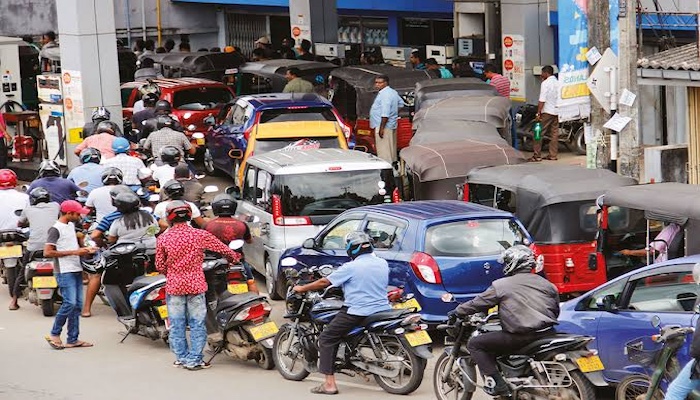A severe fuel scarcity crisis has gripped Nigeria, particularly affecting the Federal Capital Territory (FCT) and spreading nationwide. The scarcity, which has persisted in Abuja for over a month, became more acute over the weekend, leading to long queues at filling stations and exorbitant prices for Premium Motor Spirit (PMS), commonly known as petrol.
In some areas, the price of petrol has soared to over ₦1,000 per liter, with black market sellers capitalizing on the shortage by charging up to ₦2,500 per liter. The scarcity has significantly disrupted commercial and social activities in major cities, including Lagos, Kaduna, Kano, Port Harcourt, and others.
Filling stations across the country have either shut down or are operating on a limited basis due to the undersupply of PMS. The Nigerian National Petroleum Company Limited (NNPCL) attributed the shortages to “distribution challenges” but did not provide specific details on the cause of the ongoing crisis.
In Abuja, motorists have faced extraordinary difficulties in obtaining petrol, with prices at private filling stations ranging from ₦700 to ₦1,050 per liter. NNPC mega stations, which continue to sell at the official price of ₦617 per liter, are experiencing queues that stretch for kilometers. The scarcity has led to a significant increase in transport fares within the city, doubling on many routes.
The situation is similarly dire in Lagos, where most major filling stations have closed, while the few that remain open are swamped with long queues. In various parts of the city, including Ikoyi, Ikeja, and Surulere, motorists have reported prices ranging from ₦750 to ₦900 per liter, with black market prices soaring even higher.
In other parts of the country, including Rivers State, Kaduna, and Kano, the scarcity has led to similar price hikes and long queues. In Kano, for instance, motorists have reported prices as high as ₦1,000 per liter, with NNPC stations selling at ₦617 per liter but with extremely long waits.
The Independent Petroleum Marketers Association of Nigeria (IPMAN) has blamed the scarcity on “panic buying” and logistical challenges, including delays in moving fuel due to rain. However, some marketers have pointed to the issue of subsidies as a significant factor contributing to the crisis. They argue that despite claims by President Bola Tinubu’s administration that subsidies have been removed, the system remains burdened by heavy subsidy payments, leading to supply challenges and high prices.
NNPCL, in a statement, denied reports that it owes $6.8 billion to international oil traders and clarified that it continues to remit revenues to the Federation Account regularly. The company also emphasized that it is working to resolve the current distribution challenges and restore normalcy to the fuel supply.
The fuel scarcity has sparked widespread frustration among Nigerians, with many calling on the government to take immediate action to address the crisis. The situation has highlighted the ongoing challenges in Nigeria’s fuel distribution system and the impact of government policies on the availability and pricing of petrol.
